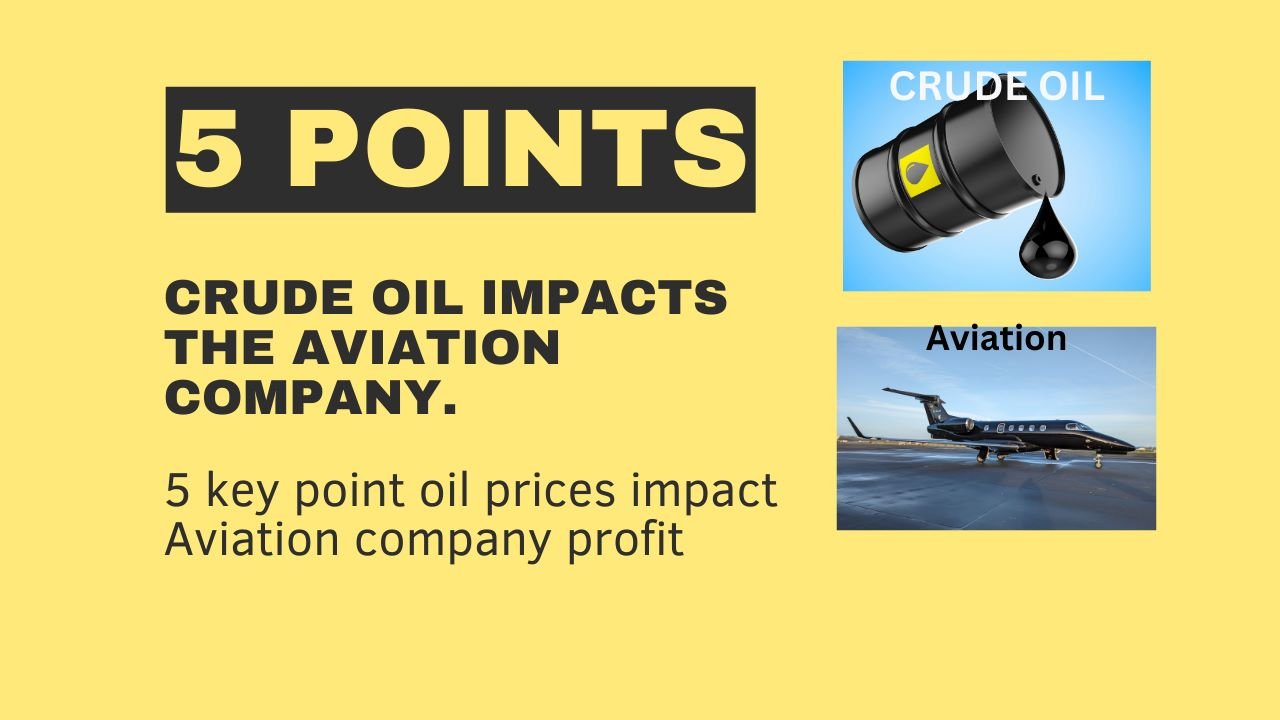The relationship between oil prices and aviation company share prices is a complex interplay of economics and market sentiment. Here are five key points that illustrate how fluctuations in oil prices can impact the stock performance of airlines:
1. Fuel Costs:
Fuel expenses are a significant portion of an airline’s operating costs. When oil prices rise, the cost of jet fuel also increases, leading to higher operational costs for airlines. This can squeeze profit margins and potentially lead to lower earnings per share, which can negatively affect the company’s stock price.
2. Capacity Discipline:
Interestingly, higher fuel prices can sometimes lead to what is known as ‘capacity discipline’ within the industry. Airlines may reduce the number of flights to maintain profitability, which can lead to higher ticket prices and potentially more stable financial performance in the long run.
3. Hedging Strategies:
Airlines often use fuel hedging as a risk management strategy to stabilize fuel costs. The effectiveness of these hedges can impact how sensitive an airline’s financial performance and stock price are to changes in oil prices. Poorly executed hedging strategies can lead to significant financial losses when oil prices fluctuate.
4. Economic Impact:
High oil prices can trigger economic slowdowns, which in turn reduce demand for travel. A decrease in passenger numbers can lead to reduced revenue for airlines, affecting their share prices. Conversely, low oil prices can stimulate economic activity and increase travel demand, potentially boosting airline revenues and share prices.
5. Investor Sentiment:
The stock market is influenced by investor expectations and sentiments. If investors believe that rising oil prices will adversely affect an airline’s future earnings, they may sell their shares, leading to a decrease in the airline’s stock price. The reverse is true when oil prices fall, and investors anticipate improved profitability for airlines.
Understanding these dynamics is crucial for investors and stakeholders in the aviation industry, as they navigate the volatile landscape of energy prices and their cascading effects on airline economics and stock valuations. It’s a delicate balance where strategic planning and market foresight play pivotal roles in maintaining financial health and shareholder value.

